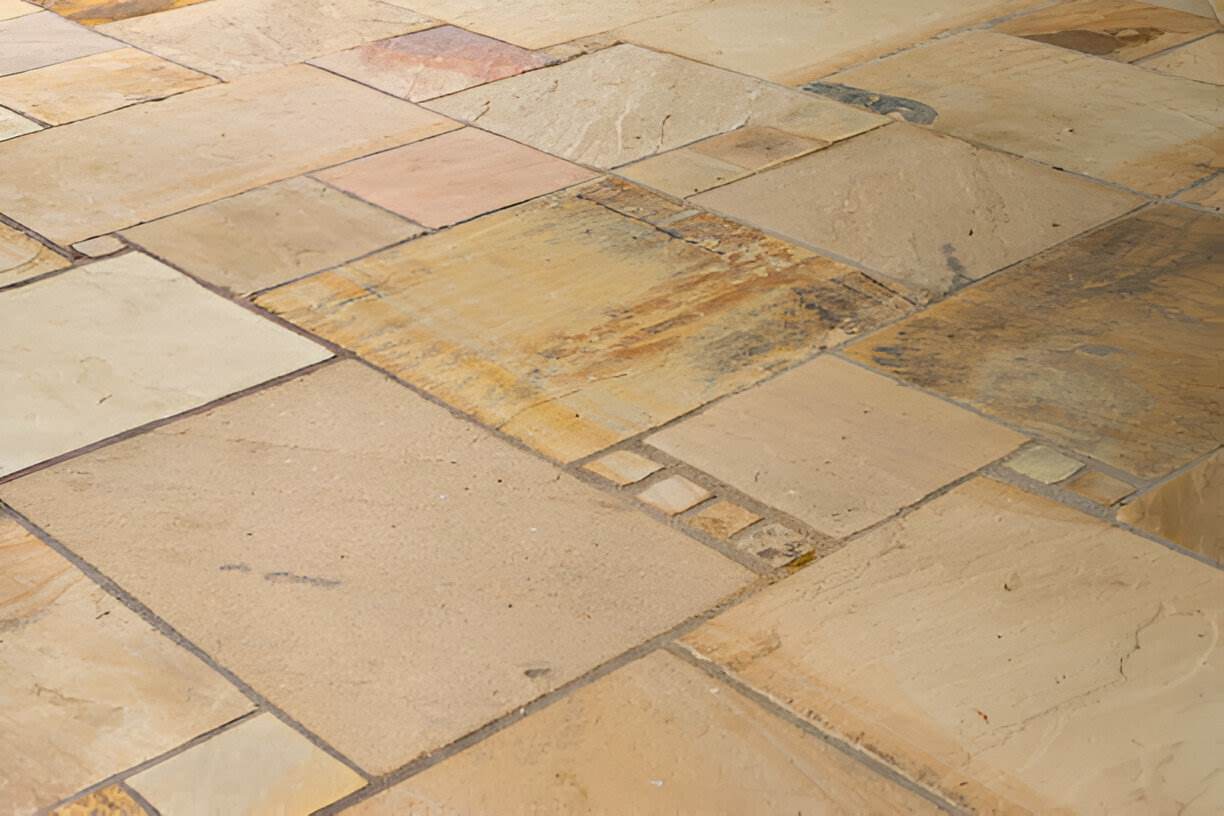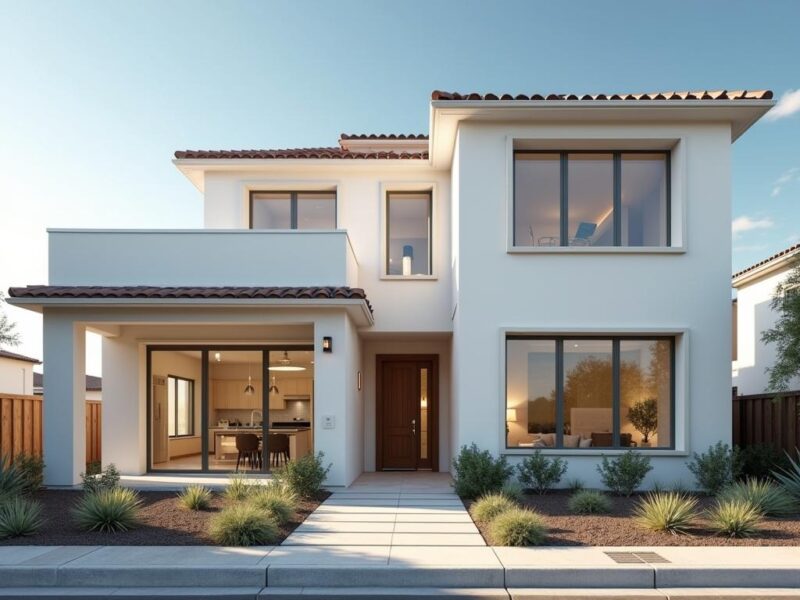Stone tile flooring is often praised for its durability, natural beauty, and long lifespan. However, despite its many advantages, it may not be the ideal choice for everyone. Some homeowners find that stone tiles come with challenges that can make them impractical for certain spaces or lifestyles.
If you’re considering installing stone tile flooring, it’s essential to be aware of potential drawbacks before making a decision. Here are six reasons why stone tile flooring might not be the right fit for your home.
High Initial Cost
One of the biggest deterrents to choosing stone tile flooring is its high upfront cost. Natural stone materials like marble, granite, and travertine can be expensive, especially when compared to other flooring options like vinyl or laminate. Additionally, professional installation can add to the overall expense, making it a significant investment.
If you’re working within a tight budget, the cost of stone flooring may be prohibitive. While it can add value to your home, the initial expense might not be feasible for everyone, especially if you have large areas to cover.
Requires Regular Maintenance
Stone tile flooring demands more maintenance than many other flooring options. Natural stone is porous and can absorb liquids, leading to potential stains if not properly sealed. To maintain its appearance, stone floors need periodic sealing, polishing, and careful cleaning with pH-neutral products.
For homeowners looking for a low-maintenance flooring option, stone tiles may not be the best choice. Without regular upkeep, they can lose their luster, develop stains, or suffer from wear and tear, which may require costly repairs over time.
Hard and Cold Surface
While the durability of stone tiles is an advantage, their hardness can be a downside. Unlike wood or carpet, stone provides little cushioning underfoot, which can be uncomfortable for long periods of standing. This can be especially problematic in kitchens or other areas where people spend a lot of time on their feet.
Additionally, stone flooring tends to stay cold, making it uncomfortable in colder climates or during winter months. While underfloor heating can help, it adds to the overall cost, making stone tiles less practical for those who prefer a naturally warm flooring option.
Slippery When Wet
Another drawback of stone tile flooring is that it can become extremely slippery when wet. Polished stone surfaces, in particular, increase the risk of slips and falls, which can be dangerous, especially for children and elderly family members.
If safety is a top concern in your home, you may want to reconsider stone tiles in high-moisture areas like bathrooms or kitchens. Textured finishes or anti-slip treatments can reduce slipperiness, but they might not eliminate the risk entirely.
Can Be Difficult to Install
Installing stone tile flooring is not a DIY-friendly project. It requires precise cutting, proper leveling, and professional installation to ensure a seamless look and long-lasting durability. The weight of stone tiles also makes transportation and handling more challenging compared to lighter materials.
If you prefer a flooring option that allows for quick and easy installation, stone tiles might not be the right fit. The complexity of installation often translates to higher labor costs and longer project timelines, making it less convenient for those looking for a fast flooring update.
Susceptible to Cracks and Chips
Despite its durability, stone tile flooring is not immune to damage. Heavy impacts, dropped objects, or improper installation can lead to cracks and chips over time. Repairing a damaged stone tile can be challenging, as matching the exact color and texture can be difficult.
If your home experiences heavy foot traffic or frequent impacts, you might find that stone flooring requires more repairs than you’d like. While some homeowners appreciate the natural aging of stone, others may find the imperfections frustrating and costly to fix.
Conclusion
Stone tile flooring offers undeniable elegance and longevity, but it’s not the best choice for every home. From high costs to maintenance demands, cold surfaces, and installation challenges, there are several reasons why it might not be the right fit for your space.
Before committing to stone tiles, consider your budget, lifestyle, and comfort preferences. If any of these factors are a concern, you may want to explore alternative flooring options that better suit your needs.



